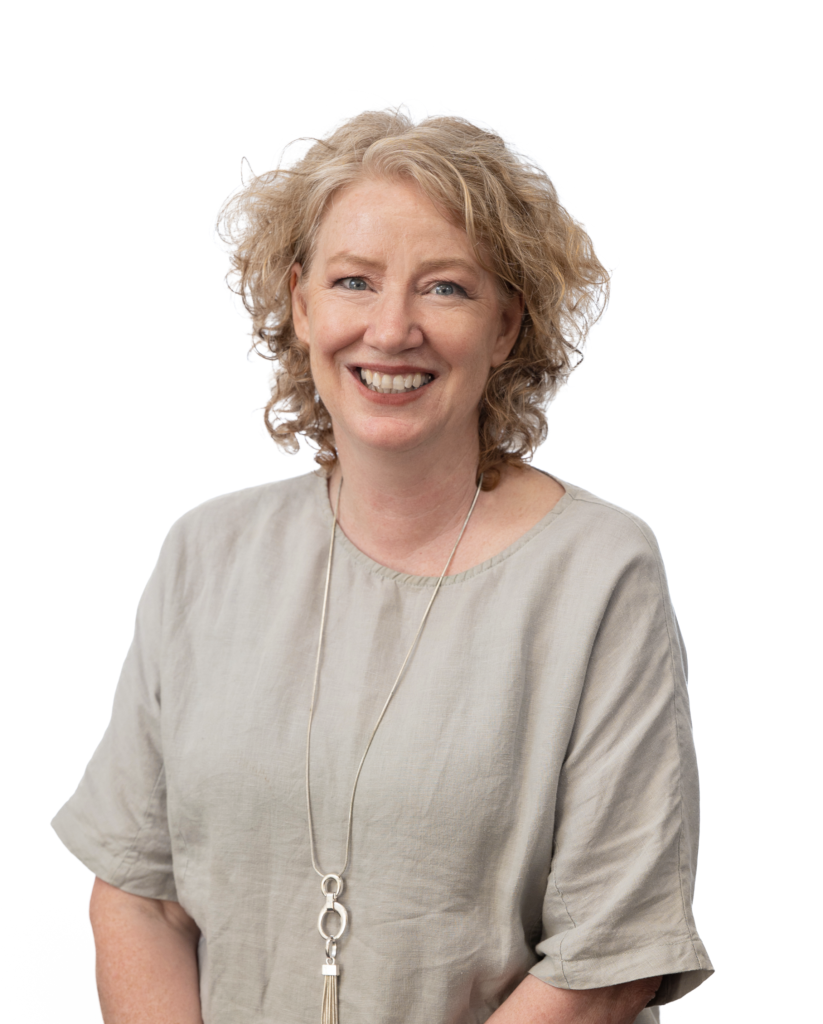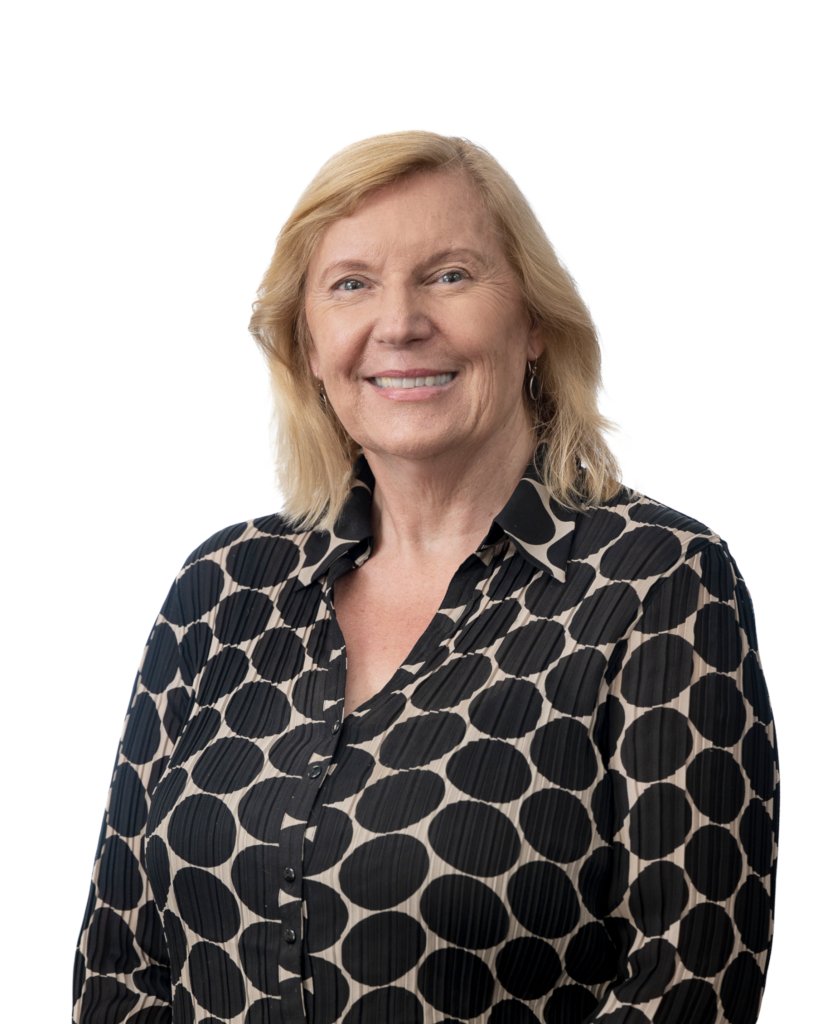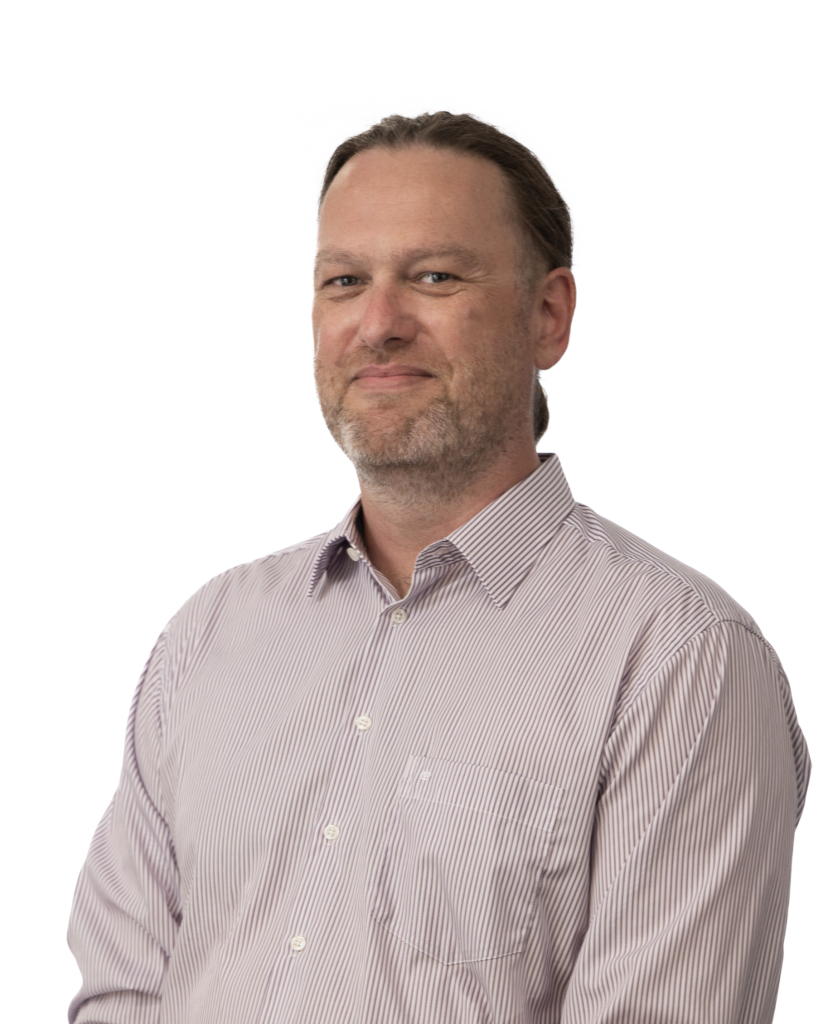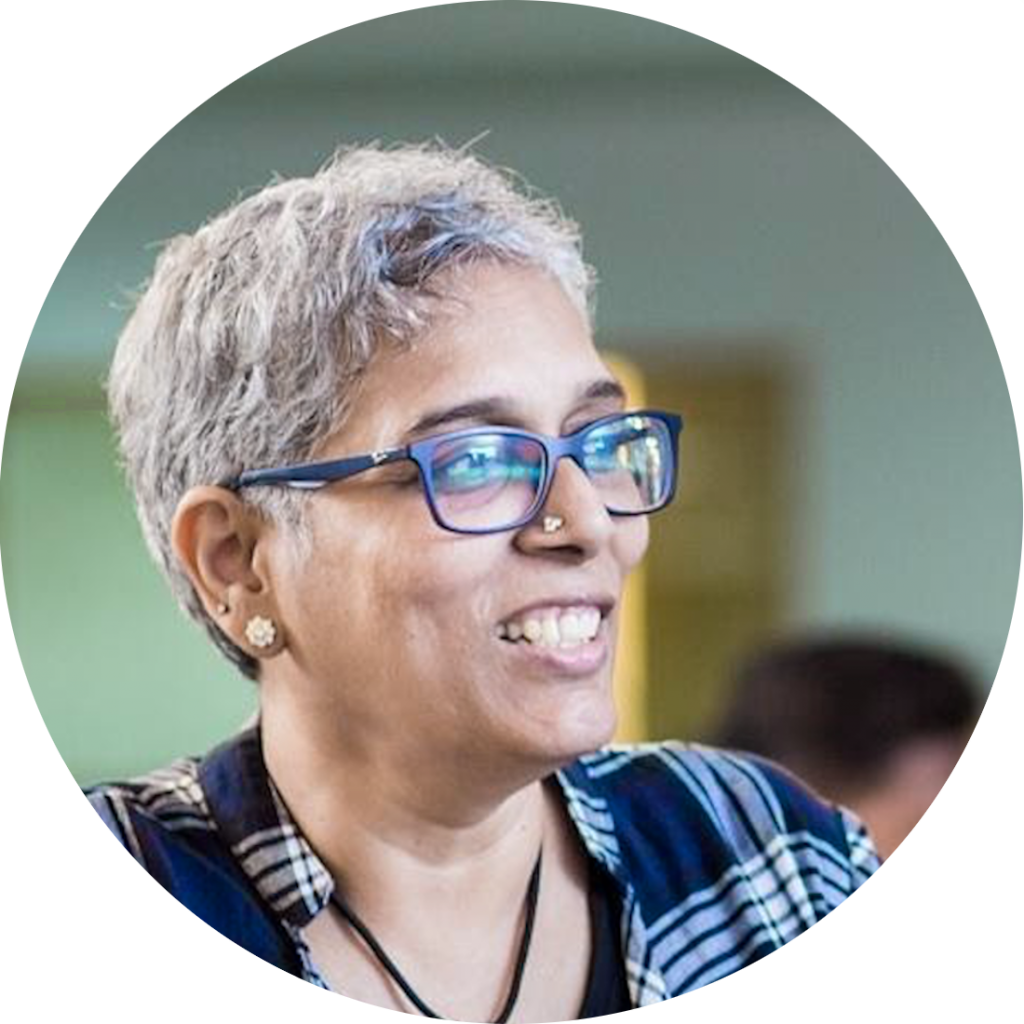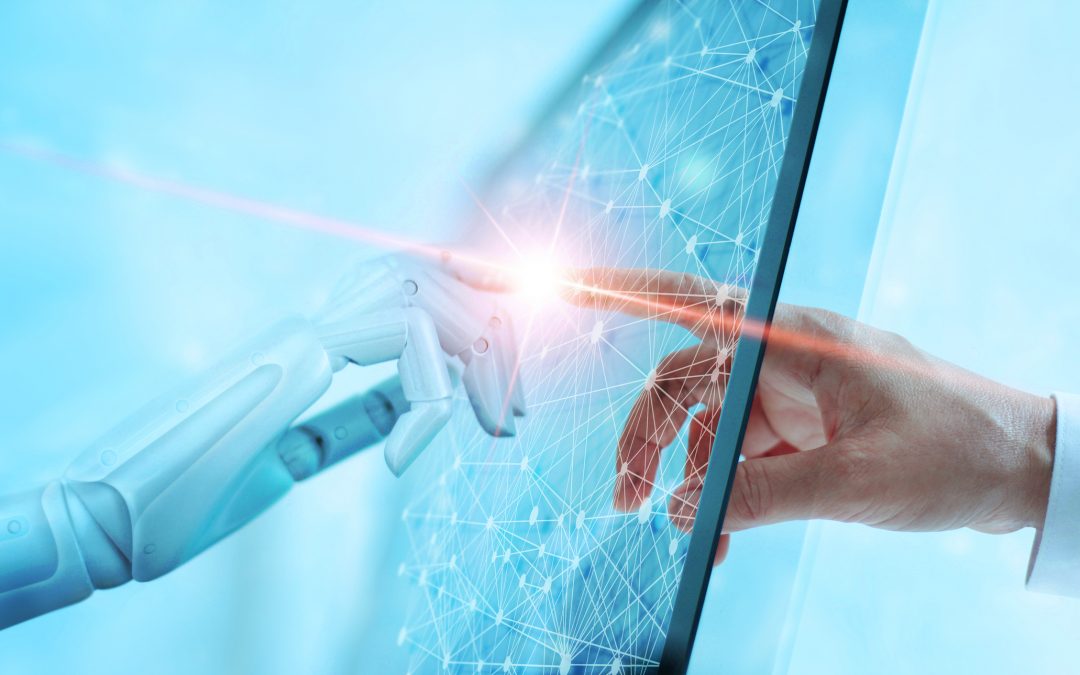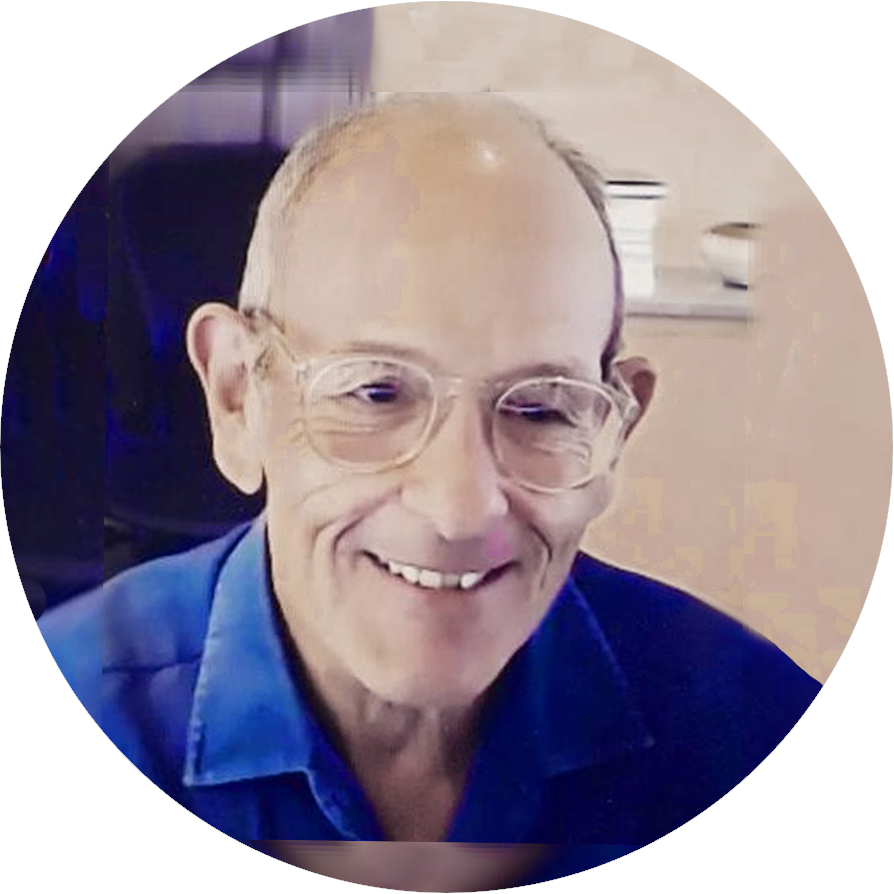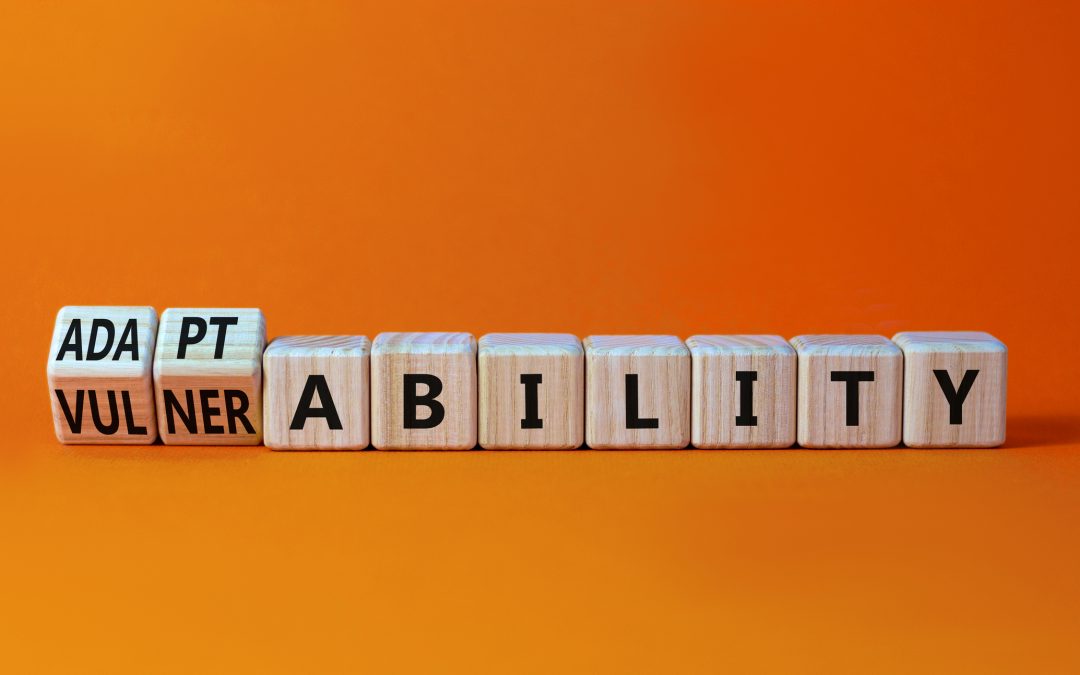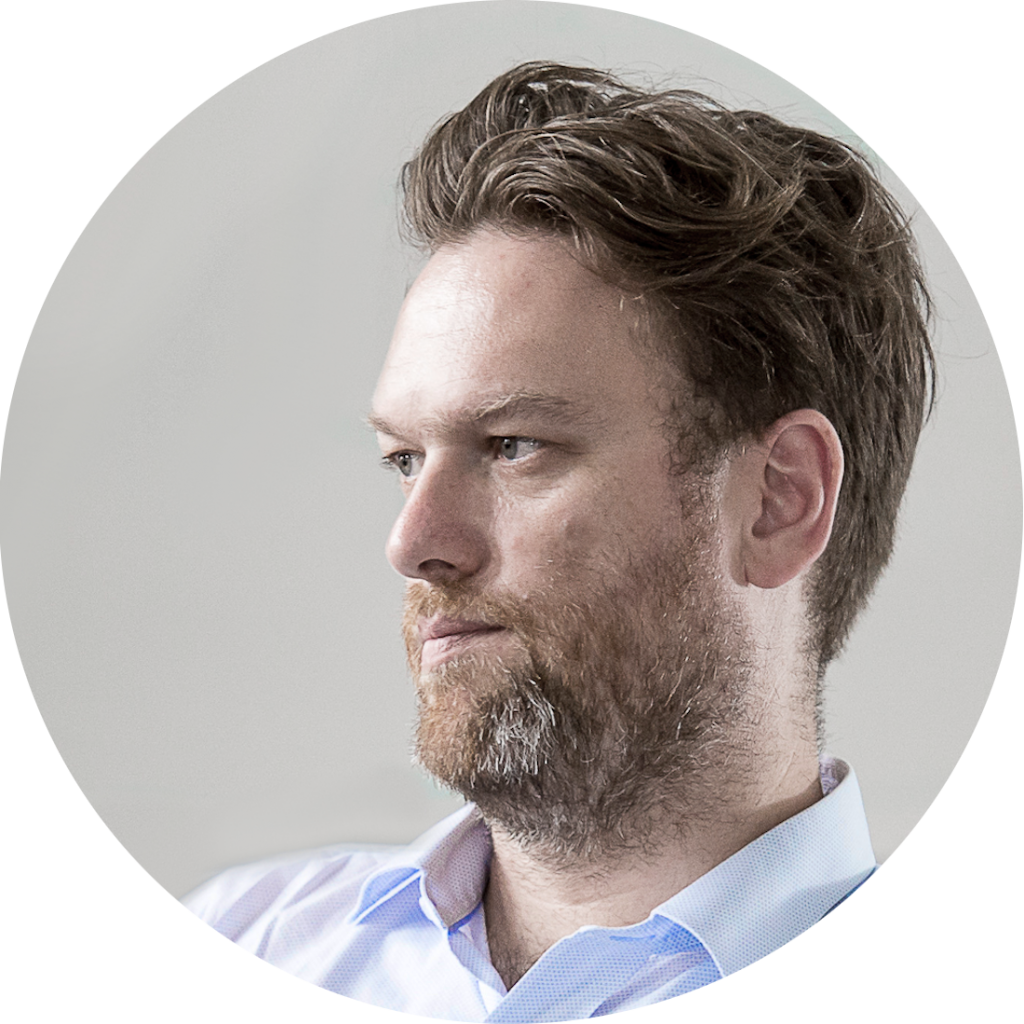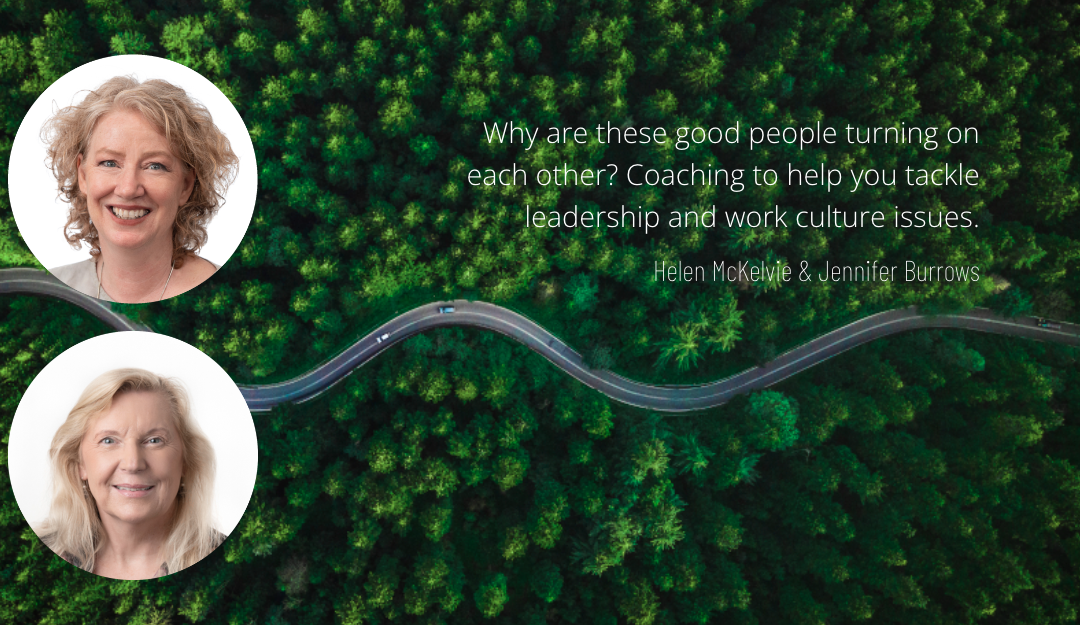
Why are these good people turning on each other? Coaching to help you tackle leadership and work culture issues.

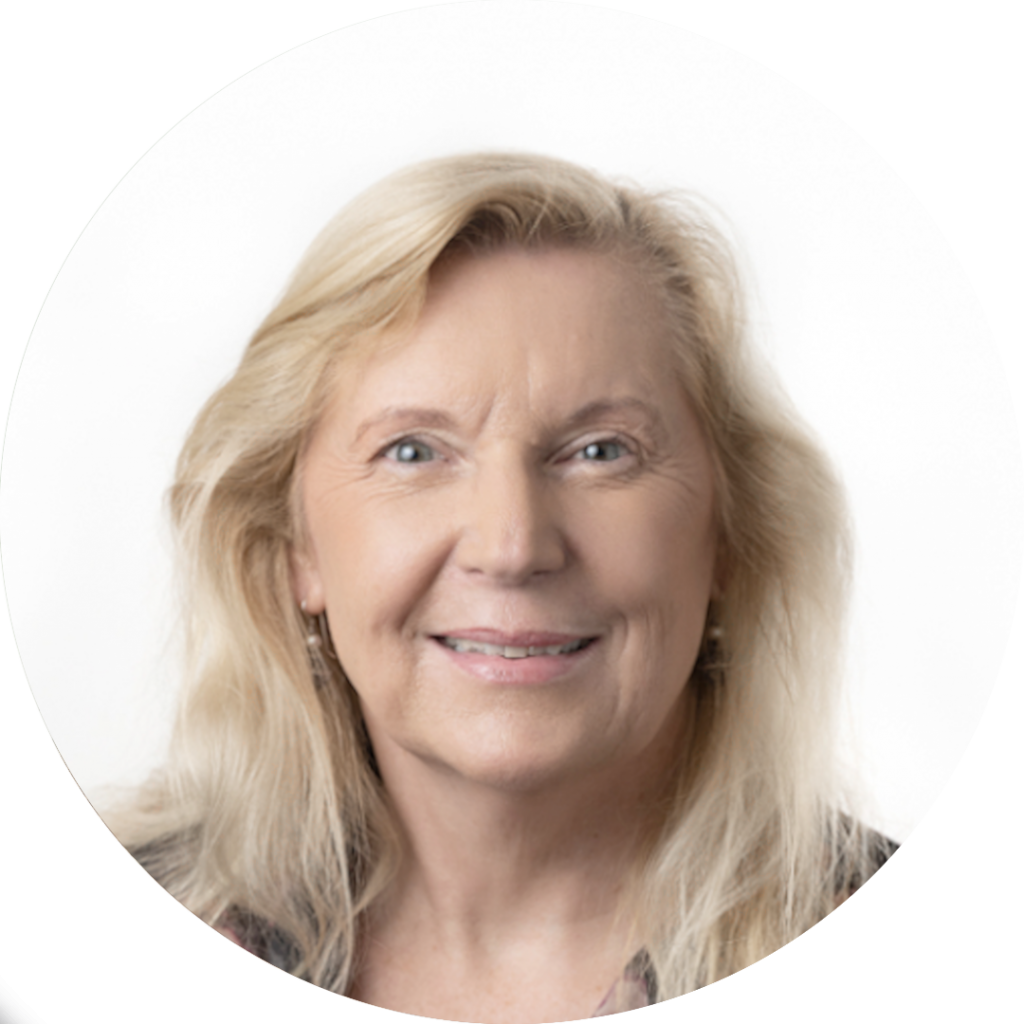


Why are these good people turning on each other?
Coaching to help you tackle leadership and work culture issues.
Helen McKelvie & Jennifer Burrows
Why are these good people turning on each other?
Coaching to help you tackle leadership and work culture issues.
Traditional leadership training can only offer so much when you experience the real challenges of leading: organisational issues, pushback from colleagues, problems that just won’t shift no matter what you do, and difficult dynamics between staff. Most of the time you know what to do as a leader, but there are times when you feel ‘stuck’ and can’t work out why an issue seems to have emerged from nowhere. Having someone to talk to who knows something about organisational dynamics and can think with you about the issues you are facing can be helpful to identify a way forward.
When interpersonal relations become toxic in public service and ‘for purpose’ workplaces, it can feel difficult to reconcile what has happened with the high ideals shared by the caring and committed staff who are now at loggerheads. The conflict somehow feels like it ‘doesn’t belong’ in the organisation, and the mismatch makes it painful and confusing to think it through.
Trish’s Experience of Coaching
This was Trish’s experience as the CEO of a family violence support service, a role she’d held for the last eight years. Trish came to coaching after a number of staff brought a complaint of bullying and micromanaging against their senior manager. Trish was upset and perplexed about how this had happened when the organisation had always been a friendly place to work, with staff being very supportive and caring of each other. While the complaint was being investigated Trish wanted to use the coaching space to understand how something like this could occur in her organisation, and involve such a lovely group of people.
In her coaching sessions, Trish learnt about the ‘parallel process’, a phenomenon in which the dynamics of an organisation’s client group can ‘leak in’ (unconsciously) and be played out within the organisation. In Trish’s organisation, this manifested as staff experiencing management as controlling and abusive, akin to the experience of the women suffering family violence who were the clients of their service. Trish and her coach explored how a parallel process may have been ‘enacted’ in the organisation with the aggrieved staff members and the senior manager as the ‘players’. Making sense of how an unconscious parallel process may occur in an organisation is tricky, but for Trish, this idea rang true – and helped her to understand how a trusted and previously well-respected senior manager had somehow become a ‘bully’ and her staff members ‘victims’. Trish began to recognise how the ‘nice and caring’ culture they valued did not allow for emotions labelled as negative to be expressed and worked with by the staff; emotions like anger, ambition, frustration, and decisiveness were ignored or denied as if they and their negatively amplified manifestations (violence and coercive control) belonged only with the male perpetrators their clients were needing to escape.
Trish started to reflect on how she takes up the authority and power of her CEO role, and how what she suppresses can emerge as passive-aggressive behaviour. She saw the need to expand the opportunity for reflective space so the organisation’s senior leaders and managers can explore their authority relationships with their staff and each other. They went on to organise a consultant to run a series of workshops to do this exploration as part of developing a culture in which they can engage with the whole spectrum of human behaviour, not just the ‘nice’ side.
Coaching for Leadership and Work Culture
If you are looking to do things differently and really develop your leadership potential, working with a qualified and experienced NIODA coach could help to shift your thinking and take you in a new direction. The starting point can be whatever aspect of your leadership or work culture is important to you to spend time reflecting on. You’re the expert when it comes to knowing what you need to work on and what is happening in your organisation. Or perhaps you know from others’ feedback that there are aspects of your role that need some attention. Committing to coaching gives you the dedicated space and time to reflect with an informed and experienced coach so that what you know makes more sense and you feel confident to take action.
For more information about NIODA’s Coaching service visit the webpage.
Click here to book a free conversation with one of our coaches to see if NIODA coaching is right for you.
If you would like to know more about how NIODA can tailor a Leadership Development workshop series for your organisation click here.
NIODA Coaching – Helen McKelvie and Jennifer Burrows
April 2023
Why are these good people turning on each other? Coaching to help you tackle leadership and work culture issues.
Why are these good people turning on each other? Coaching to help you tackle leadership and work culture issues.



Helen McKelvie
Learning Activities Lead, NIODA
Helen McKelvie is the Learning Activities Lead and a member of the Executive at NIODA, and is a teacher in and a graduate of the Master of Leadership and Management (Organisation Dynamics) program. She brings over 25 years of her own experience of working in organisations to her coaching and consulting services in leadership development and organisational change. Roles as internal consultant, policy and project manager, and lawyer in workplaces in both the public and private sectors have provided her with first-hand experience of the complexity and challenges in organisational life.
Helen is passionate about improving workplace dynamics to contribute to better organisational outcomes and to benefit the working lives of those who make up organisations. She works with leaders and teams helping them enquire into workplace dilemmas to uncover and work with system issues and hidden dynamics that may be inhibiting role clarity and collaborative work. Helen uses a systems psychodynamic approach to create reflective space for respectful communication and connection, opening up possibility for greater alignment with organisational, and team role and purpose.
Jennifer Burrows is the Educational Quality Assurance and Enhancement Manager at NIODA. In her consulting practice, Jennifer brings systems thinking and a socioanalytic lens to help organisations and individuals thrive in complex environments. Jennifer has extensive experience leading change innovations, supporting teams working in challenging environments, and providing organizational consulting. Jennifer also offers coaching to individuals, both Organisational Role Analysis (ORA) and Anaytical-Network Coaching.
Jennifer holds a Master’s in Philosophy of Social Innovation (Organisational Analysis & Leadership) through the Grubb School of Organisational Analysis, as well as a Master of Business (Training & Change Management). Jennifer is a Board member of Annecto, a not-for-profit age and disability support organisation, and a Director of Group Relations Australia.



Jennifer Burrows
Education Quality Assurance and Enhancement Lead, NIODA
About NIODA
The National Institute of Organisation Dynamics Australia (NIODA) offers internationally renowned post-graduate education and research in organisation dynamics, and decades of experience consulting with Australian organisations.
The study of organisation dynamics brings together socio-technical and psychoanalytic disciplines to explore the unconscious dynamics that exist in every group, team or organisation. Learning more about these theories, and reflecting on the experience of them, can support leaders and managers to unlock great potential in their organisations, tackling issues through a whole new light.
PO Box 287, Collins Street West,
Melbourne 8007 Australia
+61 (0) 414 529 867
info@nioda.org.au
NIODA acknowledges the Kulin Nations, and respective Traditional Custodians of the lands we work on.
We pay our respects to Elders past and present, and recognise their enduring sovereignty which has, and continues to, care for Country.
NIODA welcomes the Uluru Statement from the Heart’s invitation to walk with Aboriginal and Torres Strait Islander peoples in a collective movement for a better future.



